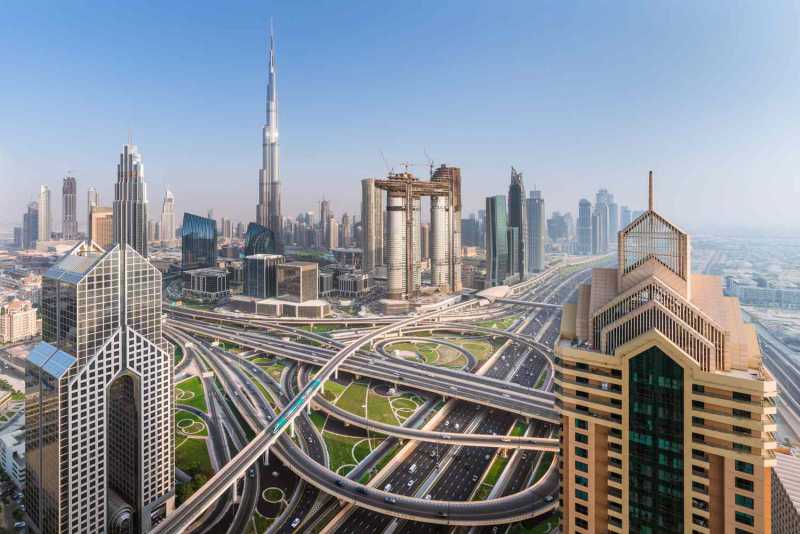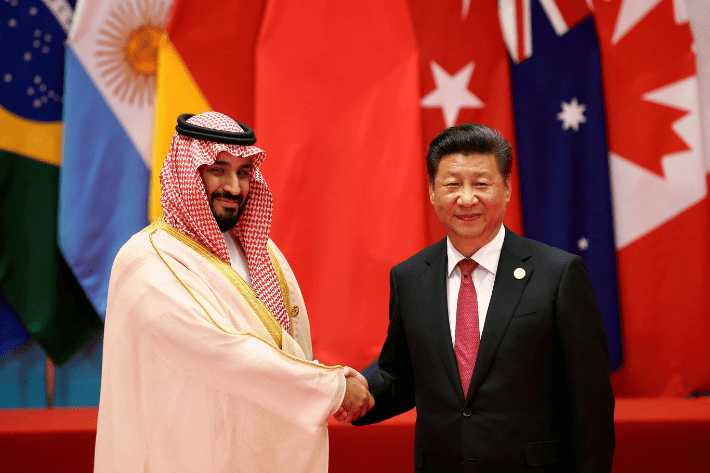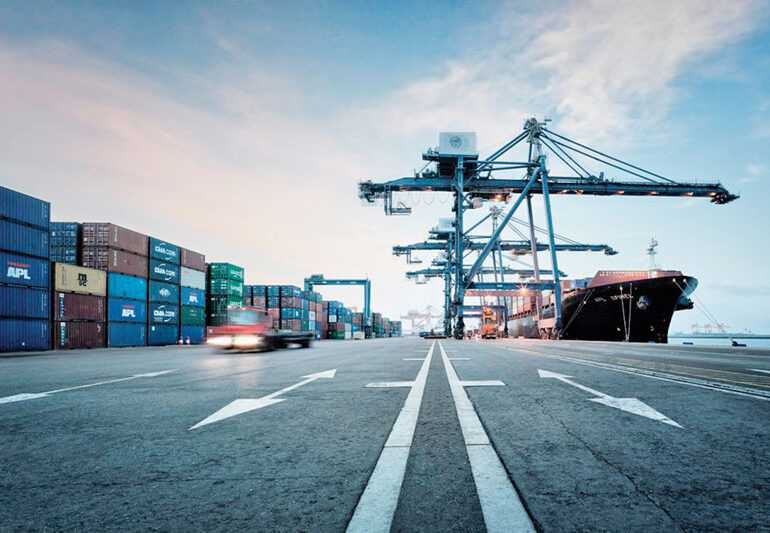UAE ranks first for best business climate

UAE ranks first for best business climate
The UAE is the most competitive country in the Arab world, according to the 2022 IMD World Competitiveness Ranking.
Published: Tue 7 Feb 2023, 5:46 PM
Led by the UAE in the number one position, the GCC countries again dominated the business fundamentals rankings, which compare the legal, regulatory, and tax frameworks of emerging markets countries.
The UAE was followed by Qatar (2), Saudi Arabia (3), Oman (5), Bahrain (6), and Kuwait (11) for providing the best business climate in the 14th annual Agility Emerging Markets Logistics Index.
According to the 2022 IMD World Competitiveness Ranking, the UAE is the most competitive country in the Arab world. The UAE also emerged as the 8th most competitive economy in Europe, the Middle East, and Africa, just behind Denmark, Switzerland, Sweden, Netherlands, Finland, Norway, and Ireland.
Global supply chain executives say innovation and help for small businesses will do the most to drive non-oil economic growth for Gulf economies, which outperformed most others in the index.
According to the survey by Agility, a global leader in supply chain services, the UAE was ranked No. 3 overall, behind China and India in the 50-country Index. Saudi Arabia was No. 6. Both countries were in the top 10 in all four Index categories: domestic logistics, international logistics, business fundamentals, and digital readiness. Qatar was in the top 10 in all categories except international logistics, where it was 19th.
Other countries ranked from the Middle East and North Africa include Turkey (11); Oman (12); Bahrain (14); Kuwait (15); Jordan (16); Morocco (20); Egypt (21); Tunisia (32); Lebanon (33); Iran (36); Algeria (41); Libya (50).
Among the six GCC economies, Kuwait (No. 15 overall) did the most to improve its competitiveness, gaining ground in every category. In digital readiness, Oman, up five spots to No. 10, and Bahrain, up six to No. 16, made the biggest strides among GCC countries.
Hatem El Safty, CEO of Business Link, the UAE will attract a major share of $66 billion in potential FDI inflows into the Middle East, North Africa, and Pakistan in 2023.
According to Hatem El Safty, CEO of Business Link, the UAE will attract a major share of $66 billion in potential FDI inflows into the Middle East, North Africa, and Pakistan in 2023 as global investors consider the emirates an ideal destination for investment.
The UAE is expected to attract $22 billion in FDI inflows this year due to its business and visa reforms while the MENAP region is expected to receive $56 billion in FDI inflows.
The Index and a survey of 750 global logistics industry executives comprise Agility’s annual snapshot of industry sentiment and ranking of the world’s leading emerging markets.
Industry executives were asked to name the most important drivers of economic diversification for GCC countries, all of which are trying to reduce dependence on oil and gas by accelerating private-sector growth.
Respondents identified the key factors as tech development and innovation; small business environment; infrastructure development; regional and global integration; business conditions for multinationals; a skilled labor force; ending energy subsidies; and creating career opportunities for women.
There was significant volatility in the rankings outside of the GCC. Conflict, sanctions, political tumult, economic missteps, and continued Covid fallout damaged the competitiveness of Ukraine, Iran, Russia, Colombia, Paraguay, and others. Among countries leaping forward in certain categories: Bangladesh, Pakistan, Jordan, Sri Lanka and Ghana.





